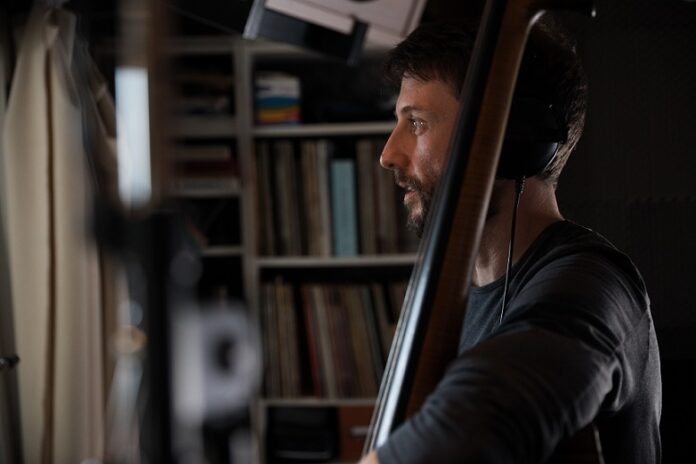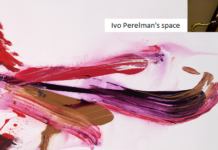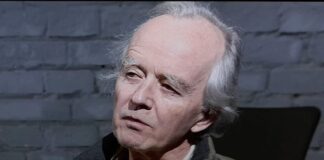Carl Dahlhaus era profondamente convinto che la verginità di un’improvvisazione fosse un problema piuttosto secondario:
“…Improvisations that are repeated are for this reason no longer improvisations.
At the same time it would be bad Romanticism to insist on unbroken spontaneity and immediacy. Analysed soberly, improvisation almost always relies to a large extent on formulas, tricks of the trade and models…The improviser must be able to fall back at a moment’s notice on a repertoire of clichés, on a store of prefabricated parts…which he or she does not invent on the spur of the moment.
Thus improvisation, under the cloak of aesthetic immediacy, is based on formulas, habits and rules…”
(Dahlhaus, Composition and Improvisation, in Schoenberg and the New Music, pag. 268)
L’affermazione di Dahlhaus è molto vera soprattutto se guardiamo nel mondo privato dei musicisti che hanno voglia di fornire un’identità del loro lavoro, senza per questo negare la pratica improvvisativa. Direi che su questa lunghezza d’onda si trova il contrabbassista Mirco Ballabene, che sta pubblicare il suo primo lavoro in solo dal titolo 7 composizioni improvvisate per contrabbasso solo. Per Percorsi Musicali, vi offro un’anteprima critica del CD che dovrebbe essere pubblicato il 10 febbraio, corredata da un dialogo con il musicista che ha funzione chiarificatrice. Ci tengo a sottolineare il lavoro di Ballabene, poiché nell’ambito dei lavori di improvvisazione italiani in solo contrabbasso Mirco può nettamente imporsi per qualità







